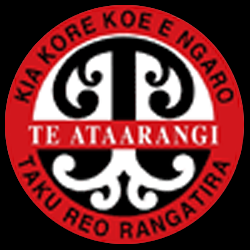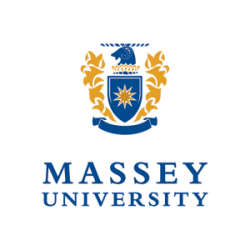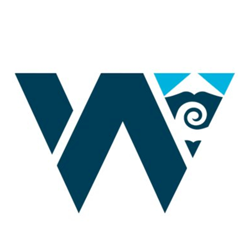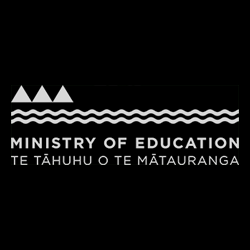
Exploring community and whānau-based learning strategies for Taranaki reo and tikanga
Status
Completed: 11 September 2011
Project Details
A project to evaluate the effectiveness of marae and community-based mātauranga Māori programmes provided through community education in the Taranaki region. A collaboration involving Te Kupenga Mātauranga o Taranaki, Te Ataarangi, Massey University, Western Institute of Technology at Taranaki, Te Wananga o Raukawa and the Ministry of Education.
Aims:
The aim of the project was to better understand the effectiveness of marae and community-based mātauranga Māori programmes provided through community education in the Taranaki region.
Methodology:
A kaupapa Māori research approach was adopted, which included gathering qualitative data from tauira, kaiako and the wider Taranaki Māori community.
Team

Kataraina Houia-Rongonui
Project Leader
Te Kupenga Mātauranga o Taranaki
Deleraine Puhara
Project Leader
Te Kupenga Mātauranga o Taranaki
Makere Edwards
Te Kupenga Mātauranga o Taranaki
Ruakere Hond
Te Ataarangi
Will Edwards
Massey University
Huirangi Waikerepuru
Western Institute of Technology at Taranaki
Dennis Patuwairua
Te Wananga o Raukawa
Kui Pirikahu
Ministry of EducationStatus
Funding
$132,810.00 (excl GST)
Key Findings
Findings on teaching and learning on marae
The project found there was significant value in informal adult teaching and learning on marae or in Māori community settings for the Māori of Taranaki.
Findings on the impact of marae-based learning on aspirations
The project identified five ways through which marae-based learning environments contributed to Taranaki Māori aspirations.
- The revitalisation and strengthening of a Māori identity.
- Broad development of Māori that improved their position in society.
- Acquisition, application and transmission of Taranaki Māori knowledge for community purposes.
- Strengthening of connections between individuals and collectives to enhance regional cohesion.
- Sustainability of Taranaki Māori practices and communities.
Key Recommendations
Improve learning engagement | Tauira should be enabled to engage with learning in a lived Māori cultural reality, where they are able to exercise control, participate, and contribute as members of community.
Create meaningful and lasting experiences | Encourage tauira to work collaboratively and gain inspiration and insight from one another.
Focus on the environment | Use programmes set in the marae or Māori community-based environment to respond to the changing and growing needs and aspirations of tauira.
Seek community engagement | Maximise adult community education and its contribution to the achievement of community aspirations by engaging Taranaki Māori communities in adult community education in the Taranaki region.
Emphasise marae learning opportunities | Develop teaching and learning opportunities on marae and resources that relate to the uniqueness of localised communities.
Identify training needs with the community | Support community groups to enable them to identify training needs and develop teaching and learning opportunities in lived Māori community contexts.
Embark on research in other regions | Carry out further research in other regions to substantiate the applicability of the research findings in other regions and communities.
A report prepared by Te Kupenga Mātauranga o Taranaki.
(PDF, 1.2 MB, 112-pages).
- 9 November 2011
A report prepared by Te Kupenga Mātauranga o Taranaki.
(PDF, 1.9 MB, 24-pages).
- 9 November 2011